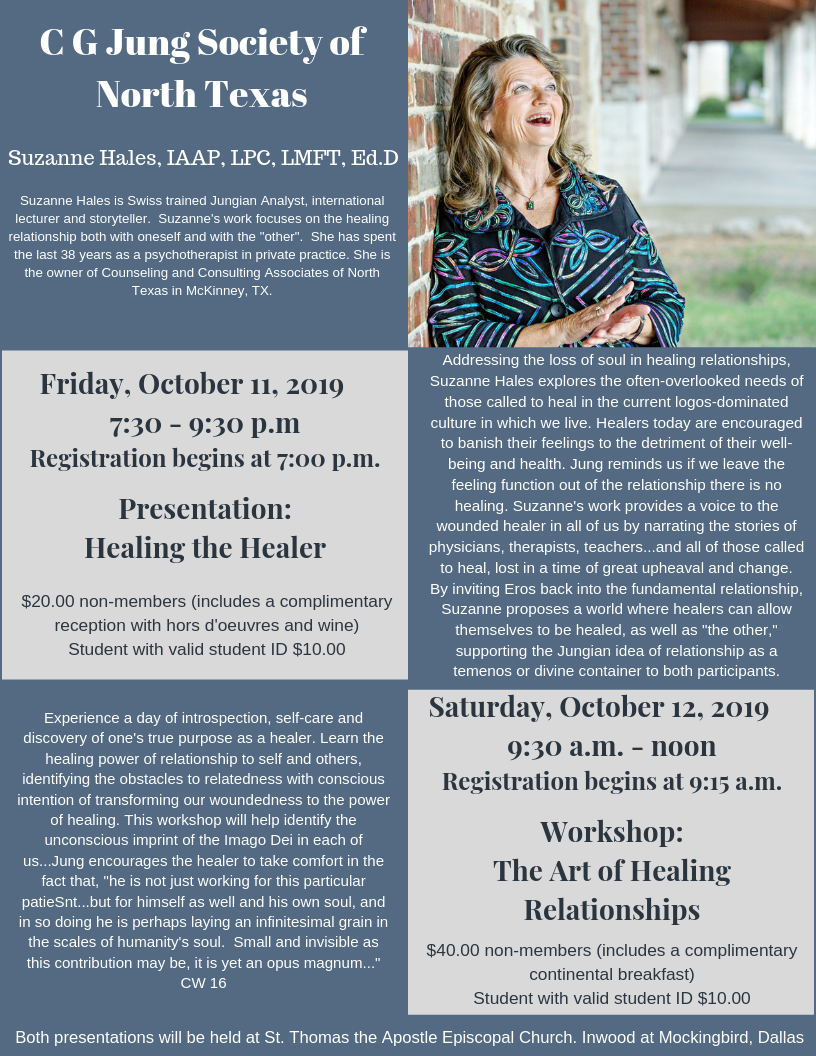Psychiatry is the branch of medicine focused on diagnosing, treating, and preventing mental, emotional, and behavioral disorders. As a psychiatrist myself, I’ve always been fascinated by how our minds work and how we can help people when things aren’t quite right upstairs.
Historical development of the field
The field of psychiatry has come a long way since its early days. Back in ancient times, people thought mental illnesses were caused by evil spirits or divine punishment. Can you imagine? It wasn’t until the late 18th century that we started treating mental health as a medical issue. I remember learning about Philippe Pinel, who famously unchained patients in asylums and advocated for more humane treatment. It’s amazing how far we’ve come since then!
Scope of psychiatric practice
These days, psychiatrists deal with a wide range of mental health issues. From depression and anxiety to schizophrenia and bipolar disorder, we’re trained to handle it all. I’ve personally worked with patients dealing with everything from mild stress to severe psychosis. It’s a challenging field, but incredibly rewarding when you see someone’s quality of life improve.
II. Educational Path of Psychiatrists
A. Medical school requirements
To become a psychiatrist, you first need to complete medical school. This means four years of intense study, covering everything from anatomy to pharmacology. I still remember those late nights cramming for exams, fueled by coffee and determination. It’s not easy, but it’s necessary to build that solid foundation of medical knowledge.
B. Residency training in psychiatry
After medical school, aspiring psychiatrists complete a four-year residency in psychiatry. This is where you really start to specialize. I spent my residency rotating through different psychiatric settings, learning from experienced mentors, and gradually taking on more responsibility. It’s a time of tremendous growth, both professionally and personally.
C. Board certification process
The final step is becoming board certified. This involves passing a comprehensive exam that tests your knowledge and skills in psychiatry. I remember feeling so nervous before my exam, but all that hard work paid off when I finally got that certification. It’s a proud moment for any psychiatrist.
III. Medical Aspects of Psychiatry
A. Diagnosis of mental health disorders
A big part of our job is accurately diagnosing mental health disorders. We use standardized criteria and our clinical judgment to figure out what’s going on with a patient. I’ve had cases where the diagnosis wasn’t straightforward, and it took time and careful observation to get it right. It’s like being a detective, but instead of solving crimes, we’re solving the mysteries of the mind.
B. Prescription of medications
As medical doctors, psychiatrists can prescribe medications to treat mental health conditions. This is a huge responsibility that we don’t take lightly. I always make sure to carefully consider the potential benefits and risks before prescribing any medication. It’s not just about writing a prescription; it’s about finding the right treatment for each individual patient.
C. Understanding of brain chemistry and neurology
To effectively treat mental health disorders, psychiatrists need a deep understanding of brain chemistry and neurology. We’re constantly learning about new discoveries in neuroscience and how they apply to mental health. I find this aspect of psychiatry particularly exciting – it’s like we’re explorers mapping out the final frontier of the human body.
IV. Differences Between Psychiatrists and Other Mental Health Professionals
A. Comparison with psychologists
People often confuse psychiatrists and psychologists, but there are some key differences. As a psychiatrist, I went to medical school and can prescribe medications, while psychologists typically have a doctoral degree in psychology and focus more on talk therapy. I often work closely with psychologists, combining our different skills to provide the best care for patients.
B. Distinctions from therapists and counselors
Therapists and counselors also play important roles in mental health care, but their training and scope of practice differ from psychiatrists. They typically have master’s degrees and specialize in various forms of talk therapy. I’ve referred many patients to therapists for ongoing support and counseling to complement their psychiatric treatment.
C. Collaboration with other medical specialties
As medical doctors, psychiatrists often collaborate with other specialists. I’ve worked with neurologists, endocrinologists, and primary care physicians to provide comprehensive care for patients. Mental health doesn’t exist in isolation – it’s connected to our overall physical health, and this collaborative approach helps us address all aspects of a patient’s wellbeing.
V. Treatment Methods in Psychiatry
A. Psychopharmacology
Psychopharmacology, or the use of medications to treat mental health disorders, is a key tool in our arsenal. From antidepressants to antipsychotics, we have a range of medications that can help manage symptoms and improve quality of life. I always find it rewarding when we find the right medication that helps a patient feel like themselves again.
B. Psychotherapy techniques
While medications are important, psychiatrists also use various psychotherapy techniques. I’ve found cognitive-behavioral therapy (CBT) particularly effective for many of my patients. It’s amazing to see how changing thought patterns can lead to significant improvements in mood and behavior.
C. Combination of medication and talk therapy
Often, the most effective treatment is a combination of medication and therapy. I like to think of it as a two-pronged approach: the medication helps balance brain chemistry, while therapy provides tools to cope with life’s challenges. In my experience, this combination can lead to the best outcomes for many patients.
VI. Specializations Within Psychiatry
A. Child and adolescent psychiatry
Some psychiatrists specialize in treating children and adolescents. This requires additional training to understand the unique mental health needs of young people. I have a colleague who works in this field, and she finds it incredibly rewarding to help shape young minds and set them on a path to good mental health.
B. Geriatric psychiatry
On the other end of the spectrum, geriatric psychiatrists focus on the mental health of older adults. This specialization deals with issues like dementia and late-life depression. I’ve always admired the patience and compassion of geriatric psychiatrists – they play a crucial role in maintaining quality of life for our aging population.
C. Addiction psychiatry
Addiction psychiatry is another important specialization. These psychiatrists help people struggling with substance abuse and other addictive behaviors. It’s a challenging field, but the transformation you see in patients who overcome addiction is truly inspiring.
VII. The Role of Psychiatrists in Healthcare
A. Integration with primary care
There’s a growing trend towards integrating psychiatric care with primary care. I’ve been part of a pilot program where we have psychiatrists working directly in primary care clinics. It’s been great for catching mental health issues early and providing more holistic care.
B. Emergency psychiatric services
Psychiatrists also play a crucial role in emergency situations. I’ve worked in emergency rooms, helping to assess and stabilize patients in mental health crises. It can be intense, but knowing you’re there to help someone in their darkest moment is incredibly meaningful.
C. Inpatient and outpatient care
We provide care in both inpatient and outpatient settings. Inpatient care is for those who need intensive, round-the-clock treatment, while outpatient care allows people to receive treatment while continuing their daily lives. I’ve worked in both settings, and each has its own unique challenges and rewards.
Summary
Psychiatrists are indeed medical doctors who specialize in mental health. We go through rigorous training, including medical school and residency, to gain the knowledge and skills needed to diagnose and treat mental health disorders. Our medical background allows us to understand the complex interplay between physical and mental health, prescribe medications when necessary, and collaborate with other medical professionals. Whether we’re providing talk therapy, prescribing medications, or using a combination of both, our goal is always the same: to help our patients achieve better mental health and improve their quality of life.
FAQs
Are psychiatrists medical doctors?
Yes, psychiatrists are medical doctors. We complete medical school just like any other physician, then specialize in psychiatry during our residency training.
Can psychiatrists prescribe medication?
Absolutely! As medical doctors, psychiatrists have the authority to prescribe medications for mental health conditions.
What’s the difference between a psychiatrist and a psychologist?
The main difference is in our training and scope of practice. Psychiatrists are medical doctors who can prescribe medication, while psychologists typically have a doctoral degree in psychology and focus more on psychological testing and talk therapy.
How long does it take to become a psychiatrist?
It’s a long journey! After completing a bachelor’s degree, it typically takes four years of medical school, followed by four years of psychiatry residency. So, about 12 years of higher education in total.
Do I need a referral to see a psychiatrist?
It depends on your insurance and the specific psychiatrist. Some require a referral from a primary care doctor, while others accept self-referrals. It’s best to check with your insurance provider and the psychiatrist’s office for their specific policies.



